2005-2009 TOYOTA PRIUS FUEL SYSTEM
$250.00
2005-2009 TOYOTA PRIUS FUEL SYSTEM
The fuel system in the 2005-2009 Toyota Prius is a crucial component of the vehicle’s hybrid powertrain, designed to work in conjunction with the electric propulsion system to optimize fuel efficiency and reduce emissions. Here’s an overview of the fuel system for these model years:
### Overview of the Fuel System
1. **Components**:
– The fuel system in the Toyota Prius includes several key components:
– **Fuel Tank**: Typically has a capacity of around 11.9 gallons (45 liters). It is designed to store gasoline and is often made from high-density plastic to resist corrosion and weight.
– **Fuel Pump**: Located inside the fuel tank, it is responsible for pumping gasoline from the tank to the engine. The Prius uses an electric fuel pump.
– **Fuel Filter**: Helps to remove impurities from the gasoline before it reaches the engine.
– **Fuel Injectors**: Atomize the gasoline and inject it into the engine’s combustion chamber for efficient combustion.
– **Fuel Pressure Regulator**: Maintains the desired pressure in the fuel injection system.
2. **Hybrid Connection**:
– In the Prius, the fuel system works in conjunction with the hybrid electric system. While the gasoline engine powers the vehicle at higher speeds, the electric motor provides power during low-speed driving and assists during acceleration.
– The vehicle’s management system optimizes the use of both power sources to maximize efficiency.
### Fuel Management System
1. **ECU Interaction**:
– The fuel system is managed by the Engine Control Unit (ECU) which constantly monitors the fuel flow, engine demands, and driver inputs to optimize fuel injection timing and quantity.
– Various sensors, such as the mass air flow sensor and oxygen sensors, provide feedback to the ECU to support optimal fuel-air mixture.
2. **Ethanol Compatibility**:
– The 2005-2009 Prius is not designed to run on E85 (85% ethanol, 15% gasoline) or any other ethanol-blended fuels beyond those commonly available in the market (typically up to 10% ethanol). Using higher ethanol blends could potentially damage engine components.
### Common Issues and Maintenance
1. **Fuel Pump Failures**:
– Electric fuel pump failures can occur, resulting in difficulty starting the vehicle or engine stalling.
– Signs of a failing fuel pump may include whining noises from the fuel tank area, fluctuating fuel pressure, or trouble accelerating.
2. **Fuel Leaks**:
– Inspect for fuel leaks, which may occur from deteriorating fuel lines, the fuel tank, or connections. Fuel odors or visible fuel on the ground are signs to investigate.
3. **Clogged Fuel Filter**:
– A clogged fuel filter can restrict fuel flow, leading to poor engine performance. Regular maintenance typically includes replacing the fuel filter as recommended in the owner’s manual.
4. **Fuel Injector Issues**:
– Clogged or malfunctioning fuel injectors may lead to misfires, poor fuel economy, and rough idling. Cleaning or replacing injectors may be necessary if issues arise.
### Fuel Economy
– The 2005-2009 Toyota Prius is well-known for its impressive fuel economy, averaging around 48-50 miles per gallon (MPG) depending on driving conditions and maintenance.
– Regular maintenance of the fuel system, including using high-quality fuel and keeping the system clean, can help maintain optimal fuel efficiency.
### Conclusion
The fuel system in the 2005-2009 Toyota Prius plays a vital role in ensuring efficient performance of the hybrid powertrain. Proper maintenance and awareness of potential issues can enhance the lifespan and functionality of the fuel system. If you encounter any significant issues related to fuel delivery or engine performance, it’s advisable to consult with a qualified technician to diagnose and resolve the problem effectively. Regular inspections and adherence to maintenance schedules will allow the Prius to continue delivering its renowned fuel efficiency over time.
Be the first to review “2005-2009 TOYOTA PRIUS FUEL SYSTEM” Cancel reply
Related products
1st Gen Toyota Prius Parts (1997-2003)
1st Gen to 5th Gen TOYOTA PRIUS ABS COMPLETE UNIT ABS PUMP + BRAKE BOOSTER
1st Gen Toyota Prius Parts (1997-2003)
2001-2009 Toyota Prius 1.5L Hybrid 1NZFXE Crankshaft Nice Shape! OE Needs Polish
1st Gen Toyota Prius Parts (1997-2003)
1st Gen to 5th Gen TOYOTA PRIUS ABS BRAKE BOOSTER PUMP ASSEMBLY
2nd Gen Toyota Prius Parts (2003-2009)
2nd Gen Toyota Prius Parts (2003-2009)
2nd Gen Toyota Prius Parts (2003-2009)
2nd Gen Toyota Prius Parts (2003-2009)
2nd Gen Toyota Prius Parts (2003-2009)
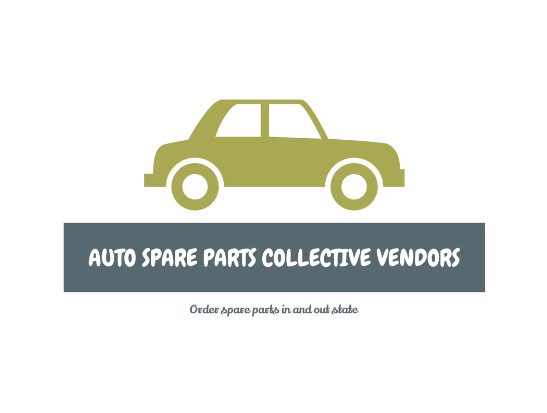

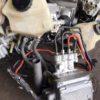














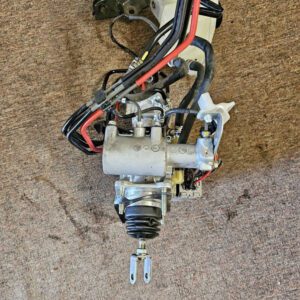
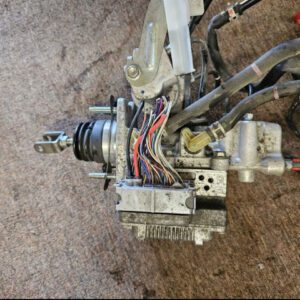

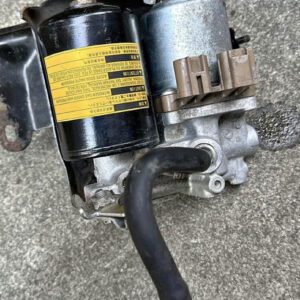
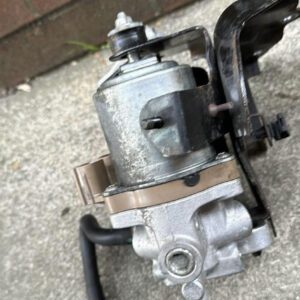
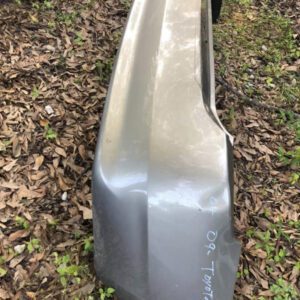

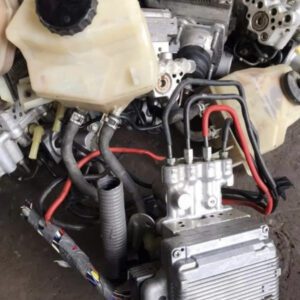
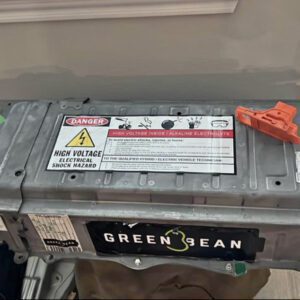



Reviews
There are no reviews yet.